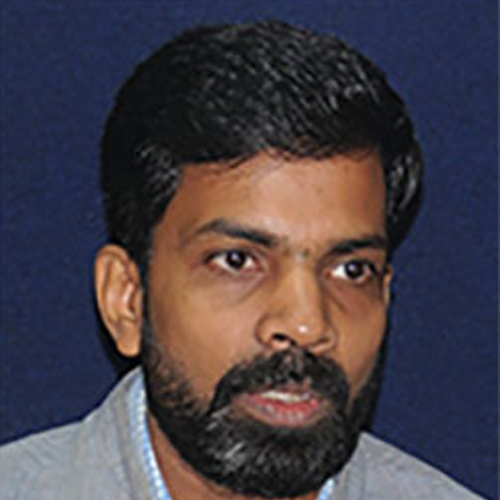IBSA: Avoiding Being BRICked Up
In his opening address at the 2011 India-Brazil-South Africa (IBSA) summit held in Pretoria/Tshwane, President Jacob Zuma of South Africa said the essence of the grouping was ‘Back to Basics: When Democracy and Development Work Together for a Better Life’.
India–US Strategic Dialogue: An Assessment
India–US strategic dialogue was initiated in 2009, and is organised annually in different capitals. The first round of dialogue took place against the backdrop of pessimism in the bilateral relationship. For about six months after the new Obama administration was formed, strategists in Delhi were suspicious about the durability of an India–US strategic partnership that had been painstakingly nurtured by President George W. Bush and Indian Prime Minister Manmohan Singh.
India amidst Increased Activity in the Security Council: A Few Observations
Article 1 of the United Nations Charter declares the maintenance of international peace and security to be the primary function of the United Nations. This makes the United Nations Security Council (UNSC) the most important organ of the whole establishment. All other functions and engagements of the United Nations are in support of the primary cause.
Engaging Iran in the New Strategic Environment: Opportunities and Challenges for India
In recent years, Iran has come to acquire a significant place in the West Asian region with the ability to influence regional politics. For India, relations with Iran are vital. In the changed strategic environment, both India and Iran have been working towards improving their bilateral relations. However, there are several challenges, especially for India, in this regard. If the Iran-US confrontation intensifies, for example, India may find it difficult to pursue a smooth relationship with Iran.
Turkey–Brazil Involvement in Iranian Nuclear Issue: What Is the Big Deal?
The Iranian nuclear stand-off is still a major issue in global politics. From international players like the European Union, the United States and the United Nations, to individual states, almost each country has its own stake in the issue. However, the recent deal brokered by Turkey and Brazil has not only changed the nature of the issue, but also the discussion itself. The deal has changed the nature because the one-sided dialogue between the international community and Iran is no longer relevant.
Changing Face of Turkey
Turkey is blessed with a favourable geography. It straddles Asia and Europe, is surrounded by sea on three sides, controls the only link to the Black Sea, and has moderate climatic conditions, abundant energy resources in its neighbourhood and a defensible terrain. It also has the civilisational and historical past, having ruled over large swathes of territory including North Africa, the Middle East, the Balkans, Caucasus and Central Europe in the heyday of the Ottoman Empire.
West Asia and Oil Politics
Today hardly any part of the world is untouched by the interplay of oil and international politics. Consumers as well as producers are concerned about the impact of national and international events that increase or restrict the supply of energy. Given that the West Asian region holds the world's largest residual oil and gas resources, the article seeks to analyse the importance of West Asia in the context of the changing geopolitical situation and its impact on the current oil market. The article also focuses on the issue of the petrodollar and looks at its impact on the oil market.
The GCC–Iran Conflict and its Strategic Implications for the Gulf Region
Continuing conflict, competition and rivalry have been a regular phenomenon in the Gulf region over the past few decades. Among other reasons, the troubled relationship between the Gulf Cooperation Council (GCC) countries and Iran has been one of the major factors responsible for the present state of affairs in the region. The relationship has been marked by sectarian and ideological differences, clash of interests over the presence of the US in the region, concerns over the Iranian nuclear programme and territorial disputes between Iran and the United Arab Emirates (UAE).
Flotsam and Jetsam: Towards Ending Somali Piracy on Shore
Since the overthrow of its last ruler Siad Barre in 1990, Somalia's conditions have worsened and, barring a few islands of peace, are degenerating rapidly; its waves of insecurity surge beyond its shores. Piracy off Somalia is a consequence of its present volatile insecurity on shore, and 20 years of conflict resolution efforts have come to naught. As piracy increases and anti-piracy operations intensify, efforts at finding lasting peace on shore have run aground.










